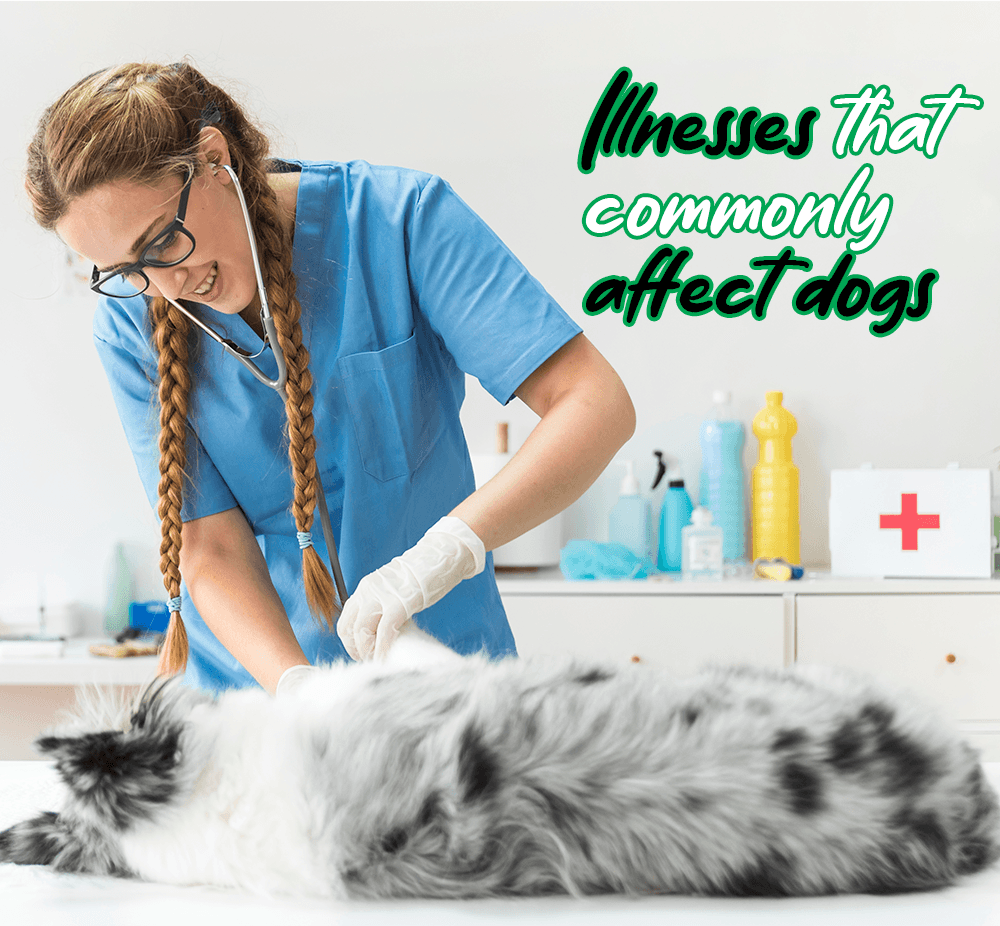It's a life-changing experience to have a dog. I know there are many wonderful things in the world, but dogs give meaning to your life, make you happier, and in some cases, prolong your life... When you leave the house, your mate will wait for you like nobody else will. If you're a pet parent you understand. I do not need to over explain the incredible feelings that a pet can give us.
They make us the happiest people on earth, but whenever they're sick or bad, we've got a lot on our plate. You don't want them to have a hard time going to the vet, but at the same time, you want them to be healthy....it's your furbaby!!! Therefore, it's crucial to know how to handle difficult situations when they are sick or feeling down. Making the best decisions will depend on how calm and sound you are.
Therefore, when dealing with children or furbabies, knowledge is the best tool because it allows us to act quickly and wisely in order to take care of them and to be more prepared when times get tough. As a result, we'll list some of the most common dog illnesses and what you can do to prevent them…
#1 Dental Disease: There is no doubt that a dog's dental (tooth and gum) disease is an unpleasant and painful problem, and it can have a significant negative impact on the dog's health. Due to this, you need to make sure you check your dog's mouth regularly since most dogs who have dental problems still eat despite their discomfort in the mouth.

#2 Obesity: The way to know whether or not your dog needs to lose weight is to run your hands over the ribcage of the dog and feel if it needs to lose weight. Weight loss treatment focuses on controlling obesity gradually so that weight loss can be sustained over a long period of time. You will be able to achieve this by reducing your dog's calorie intake and increasing the amount of activity he or she is doing.
#3 Stiffness and pain: The causes of stiffness are often diseases associated with aging like arthritis and dysplasia, but parasites and viral and bacterial infections can also cause inflammation and stiffness. Depending on the type of arthritis being treated, dogs with severe arthritis may be able to reduce some of their stiffness, inflammation, and pain with surgical procedures and medications. Usually, pain management will be provided in the form of anti-inflammatory medications, and in cases of infection or infestation, the appropriate antibiotics, antifungals, or insecticides will be administered.
Be sure to seek professional help from a trustworthy veterinarian no matter what symptoms your puppy exhibits. These tips are intended only for informational purposes, not as a substitute for professional guidance.









